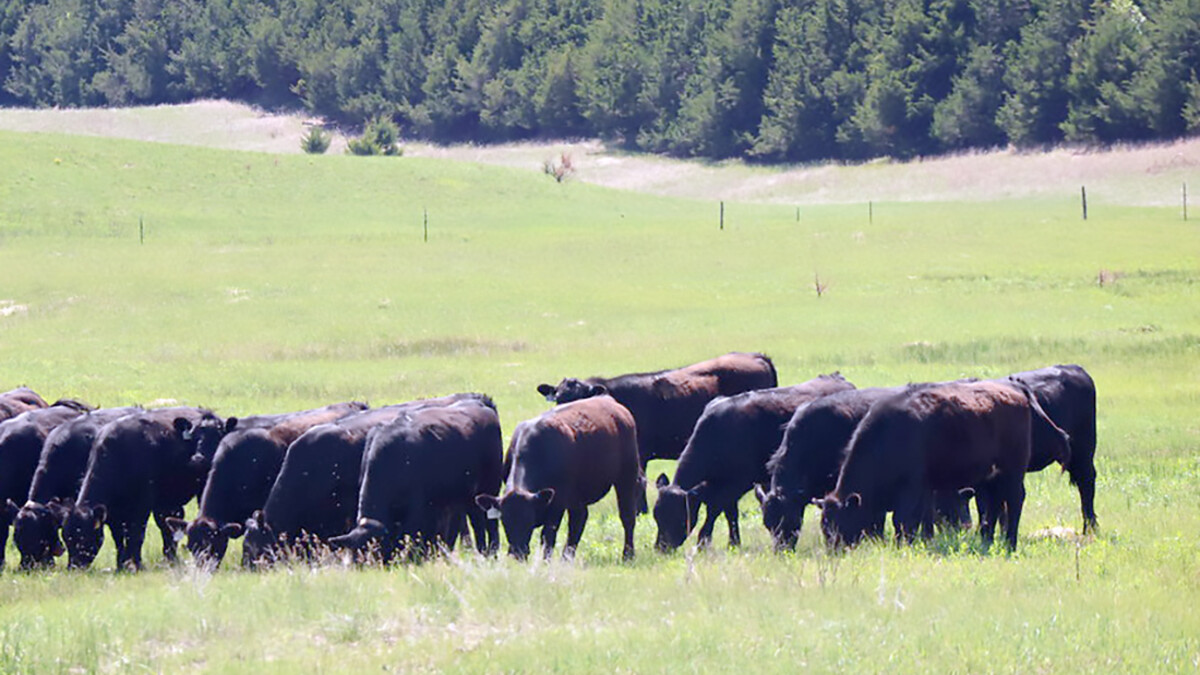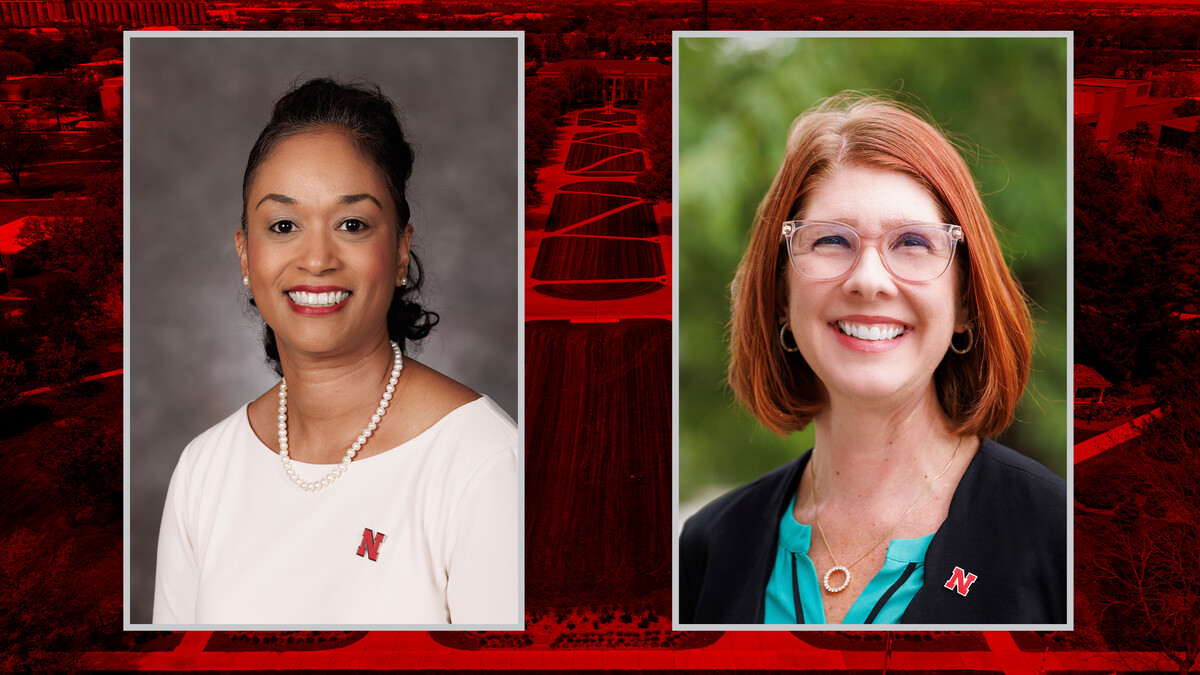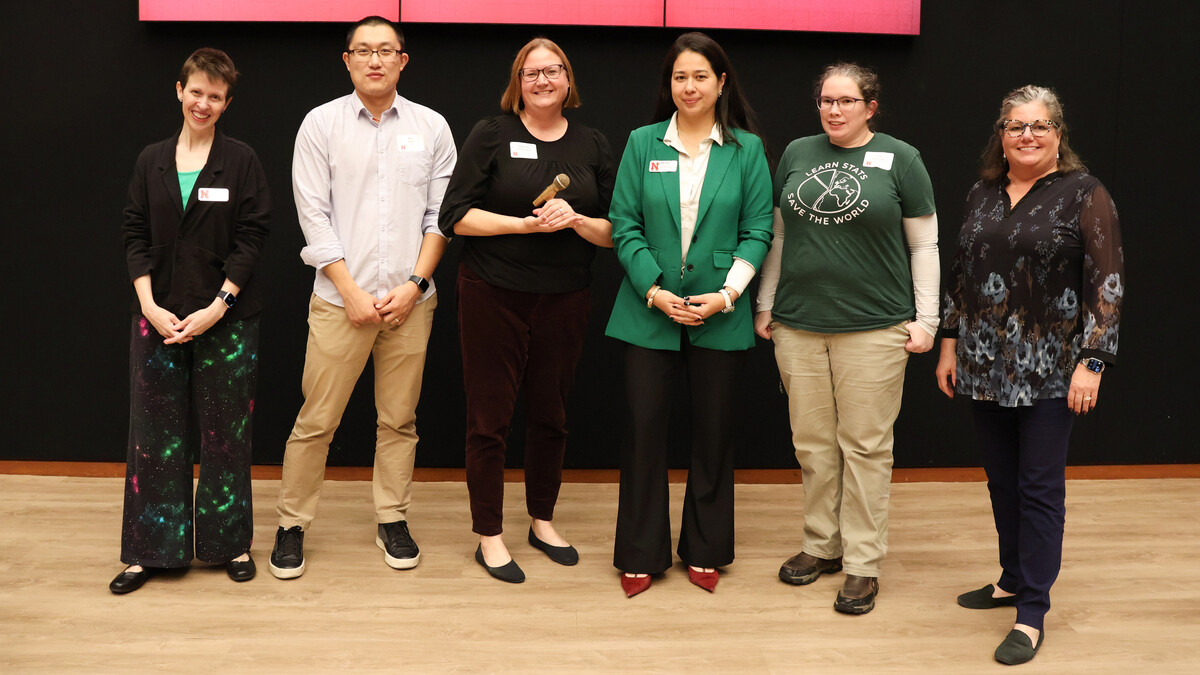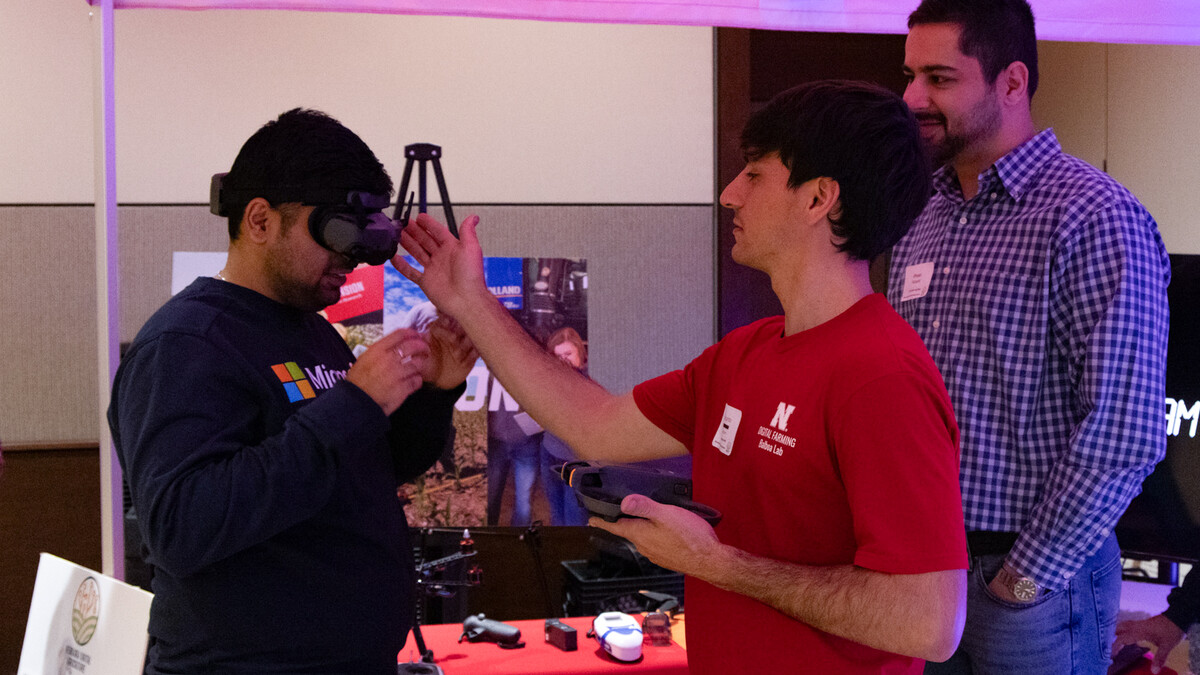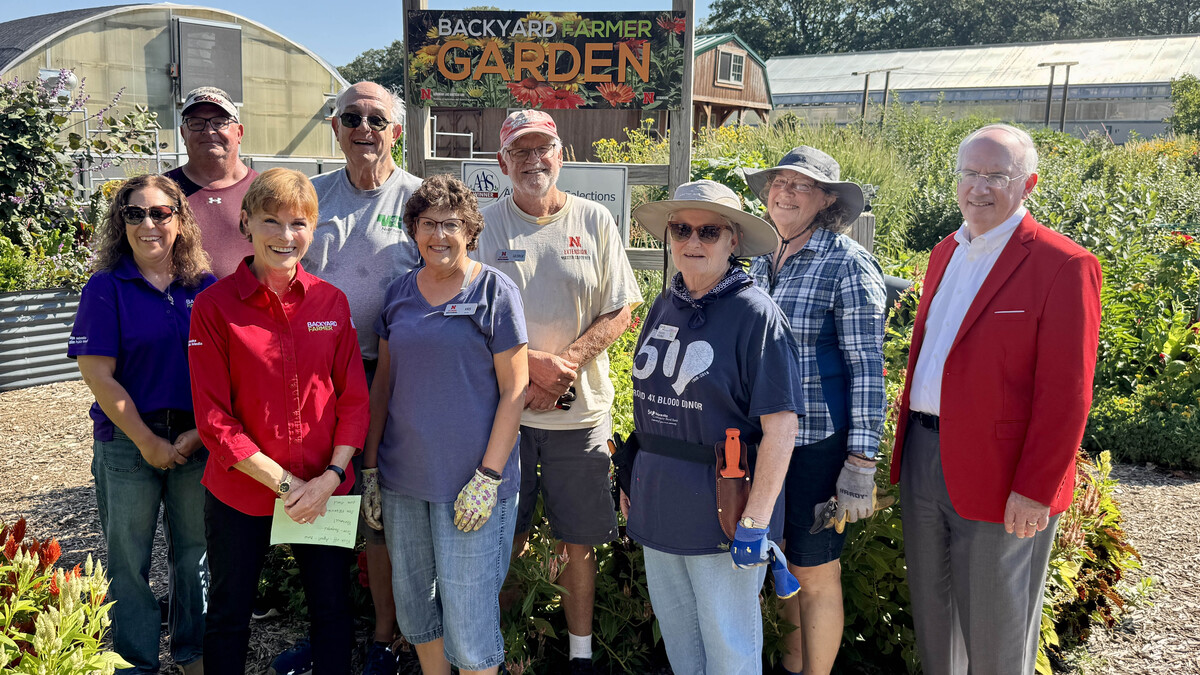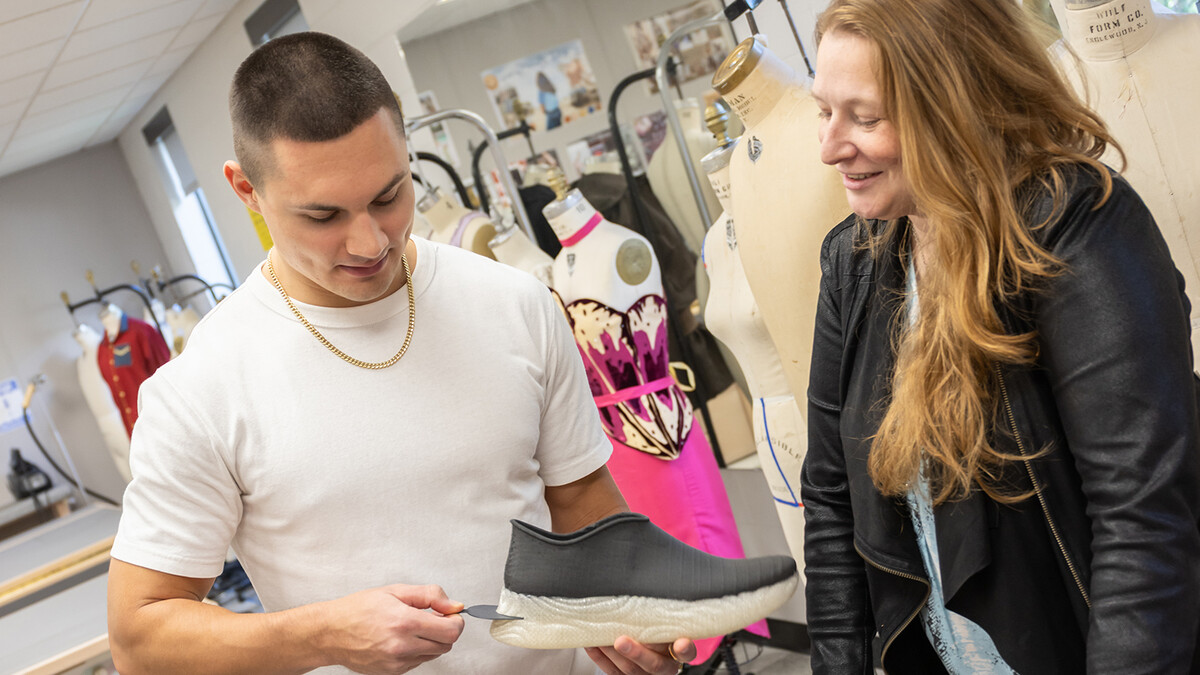November 19, 2015
Lincoln, Neb. — Rural Nebraskans believe higher education is important for individuals and for building a strong economy, according to the 2015 Nebraska Rural Poll.
Rural Nebraskans believe higher education is important for individuals and for building a strong economy, according to the 2015 Nebraska Rural Poll.Seven in 10 rural Nebraskans agree that getting a college education today is more important than it was 10 years ago. Sixty-five percent agree that to get ahead in life, it's necessary for a person to get a college education. More than one-half agree that increasing the number of people who get college degrees is necessary to build a strong economy.
"Year after year, the Rural Poll indicates a clear relationship between educational attainment and reported satisfaction with everything from jobs and income to confidence in the future," said Randy Cantrell, rural sociologist with the Nebraska Rural Futures Institute. "The obvious implication is that a decision to complete one's education is an investment not only in one's financial future, but also in one's overall satisfaction with their place in the world."
Rural Nebraskans are also confident higher education can lead to a good job. While just under one-half agree that a high school diploma can lead to a good job, at least three-quarters agree that an associate or bachelor's degree can lead to a good job.
Age and education level play a role in rural Nebraskans' views about education. Younger individuals are more likely to agree that having a high school diploma can lead to a good job. Fifty-nine percent of people ages 19 to 29 agree with this statement, compared to 43 percent of people ages 40 to 64. And people with at least a four-year degree are more likely than people with less education to agree that they are confident that having a bachelor's degree can lead to a good job. Eighty-five percent of people with at least a four-year degree agree with this statement, compared to 73 percent of people with a high school diploma or less education.
Given their opinions about education and how it can help individuals, it is not surprising that 48 percent of rural Nebraskans have participated in education or training activities during the past two years. The most common education or training activities are job-related. Sixty-seven percent of people who have participated in education or training have taken in-person job-related seminars or workshops. Many respondents have also taken in-person courses for continuing education credits (41 percent), online webinars for their job (40 percent) and in-person courses to complete or count toward a certification program (31 percent).
Rural Nebraskans have mixed opinions about online education. Almost equal proportions agree (36 percent) and disagree (34 percent) that an online course provides an equal educational value compared with a course taken in person in a classroom. However, people who have taken an online course for a degree program (associate, bachelor's, masters or other advanced degree) in the past two years are more likely than those who have not to agree with this statement.
Many rural Nebraskans see online education becoming increasingly important for high school students in the future. Forty percent of rural Nebraskans believe that, 10 years from now, high school students in their community will take most of their classes online.
Geography plays a role in opinions on online education. Residents of the Panhandle are more likely than residents of other regions to agree that high school students in their community will take most of their classes online 10 years from now. Forty-seven percent of Panhandle residents agree with this statement, compared to 33 percent of people living in the southeast region of the state.
"Nebraskans may view online classes as a way to provide more education courses to students, especially those in districts faced with dwindling enrollments and resources," said Becky Vogt, survey research manager for the Rural Poll.
The Rural Poll is the largest annual poll of rural Nebraskans' perceptions on quality of life and policy issues. This year's response rate was 32 percent. The margin of error is plus or minus 2 percent. Complete results are available online at http://ruralpoll.unl.edu.
Although the Grand Island area (Hall, Hamilton, Howard and Merrick counties) was designated a metropolitan area by the U.S. Census Bureau in 2013, the Rural Poll continues to include those counties in its sample. Dixon and Dakota counties were added to the poll last year.
The university's Department of Agricultural Economics conducts the poll in cooperation with the Nebraska Rural Futures Institute, with funding from Nebraska Extension and the Agricultural Research Division in the Institute of Agriculture and Natural Resources.
Becky Vogt
Department of Agricultural Economics
402-329-6251
rvogt2@unl.edu
